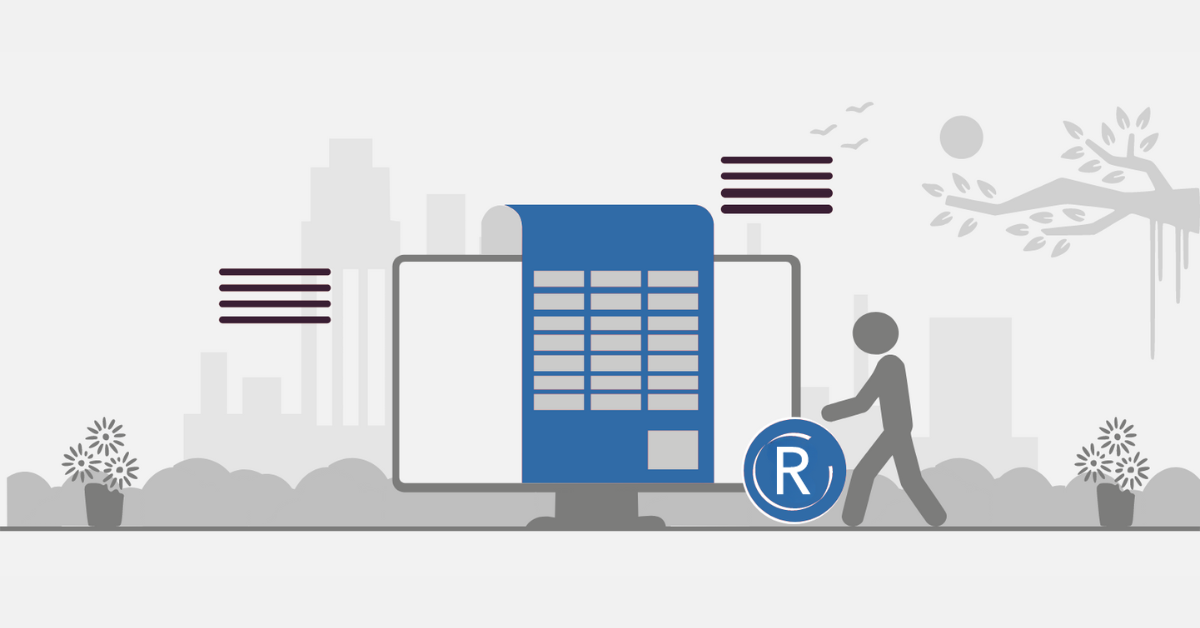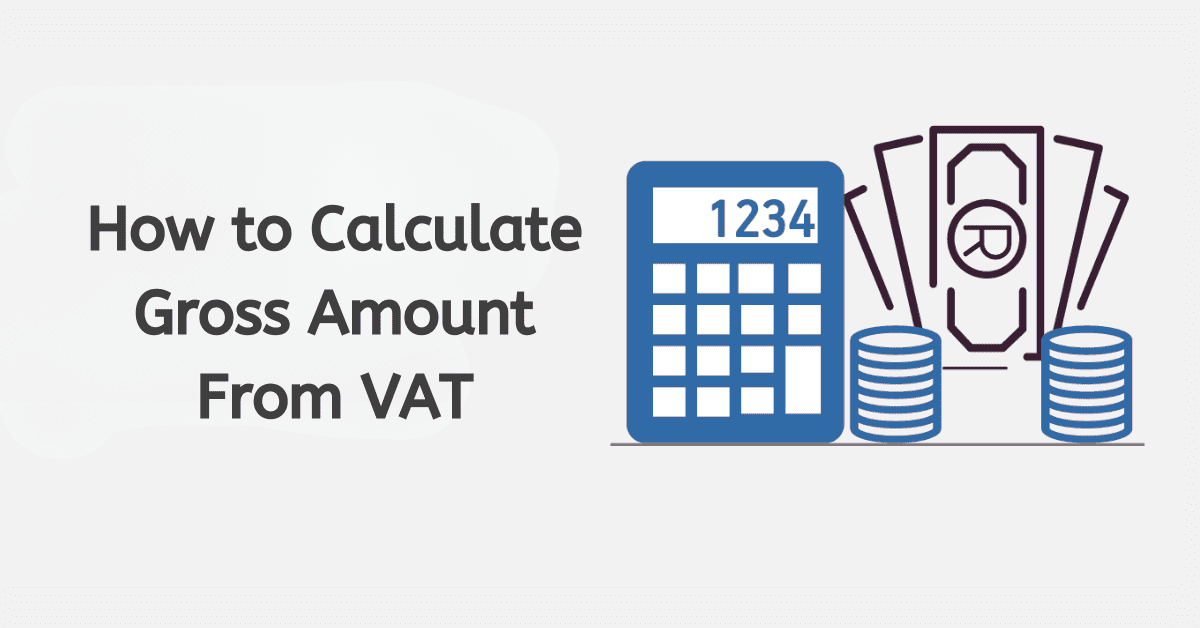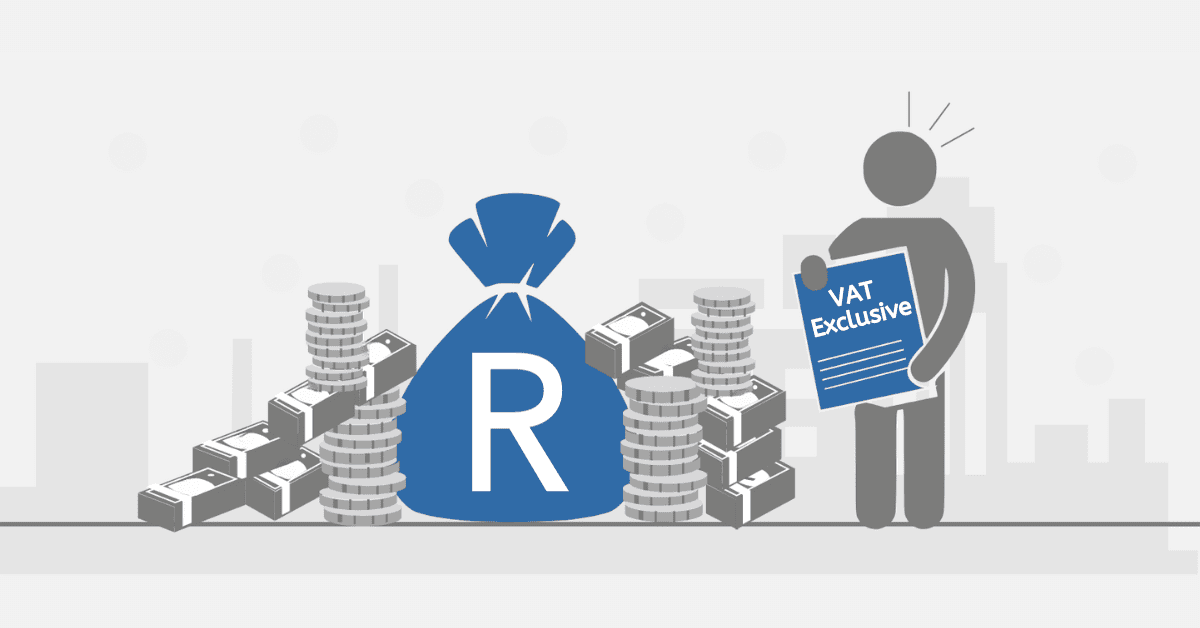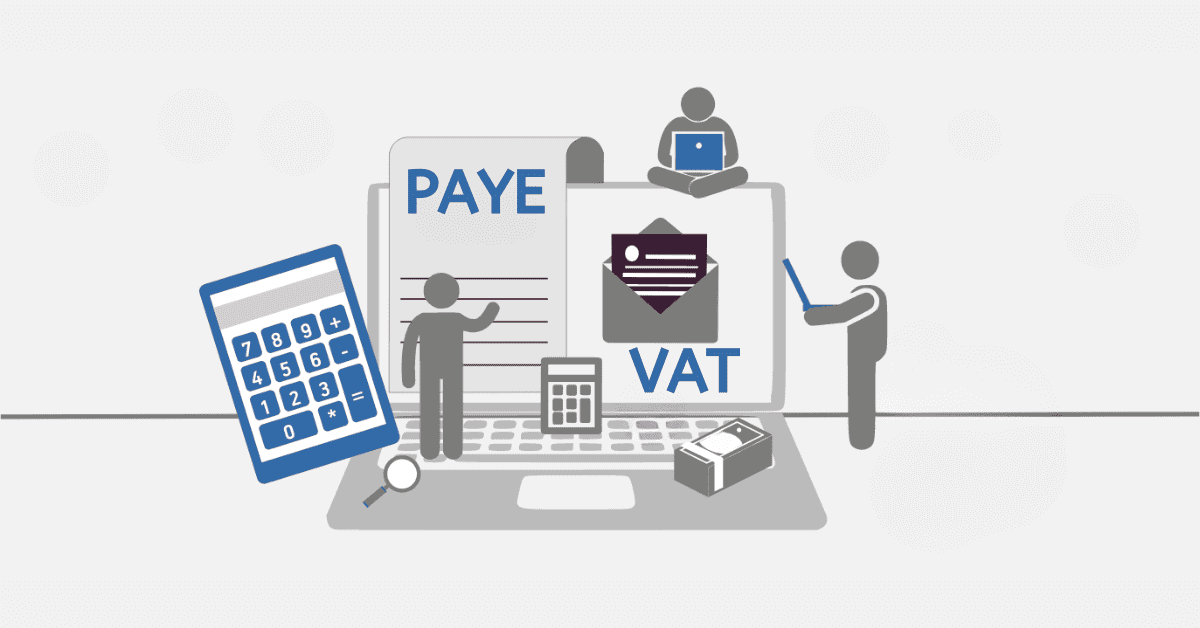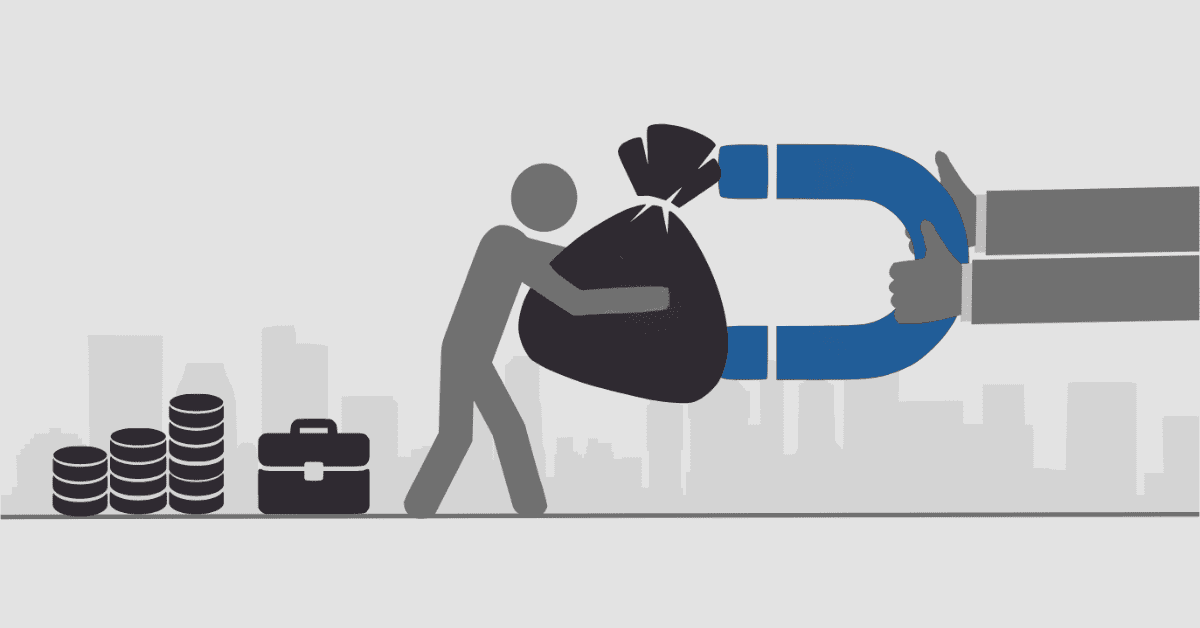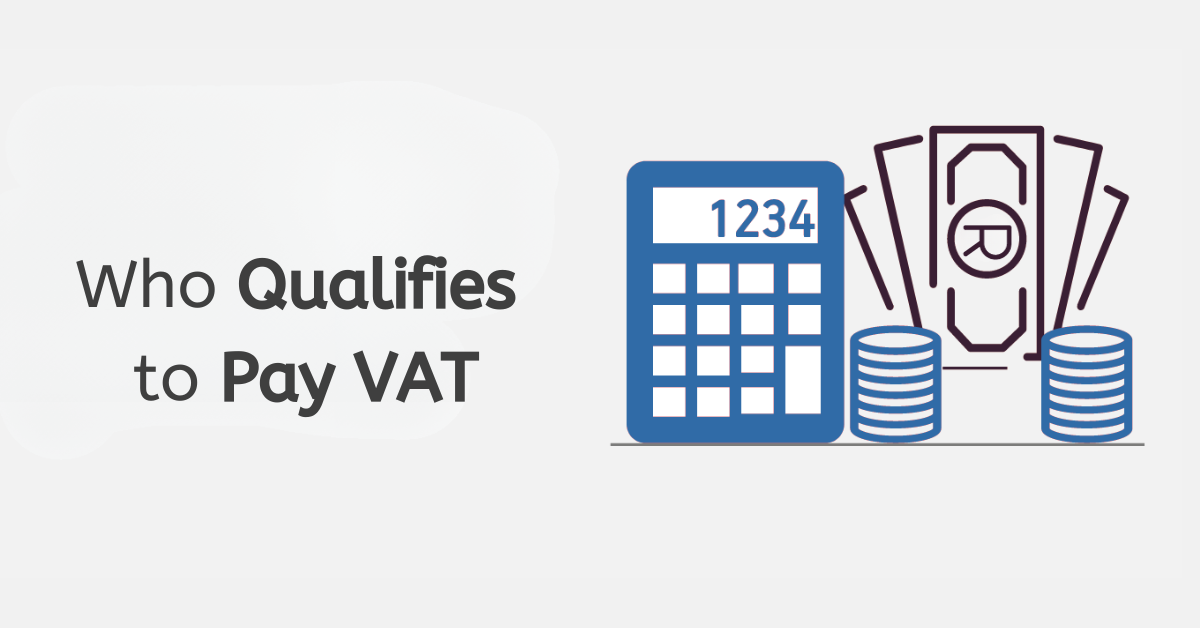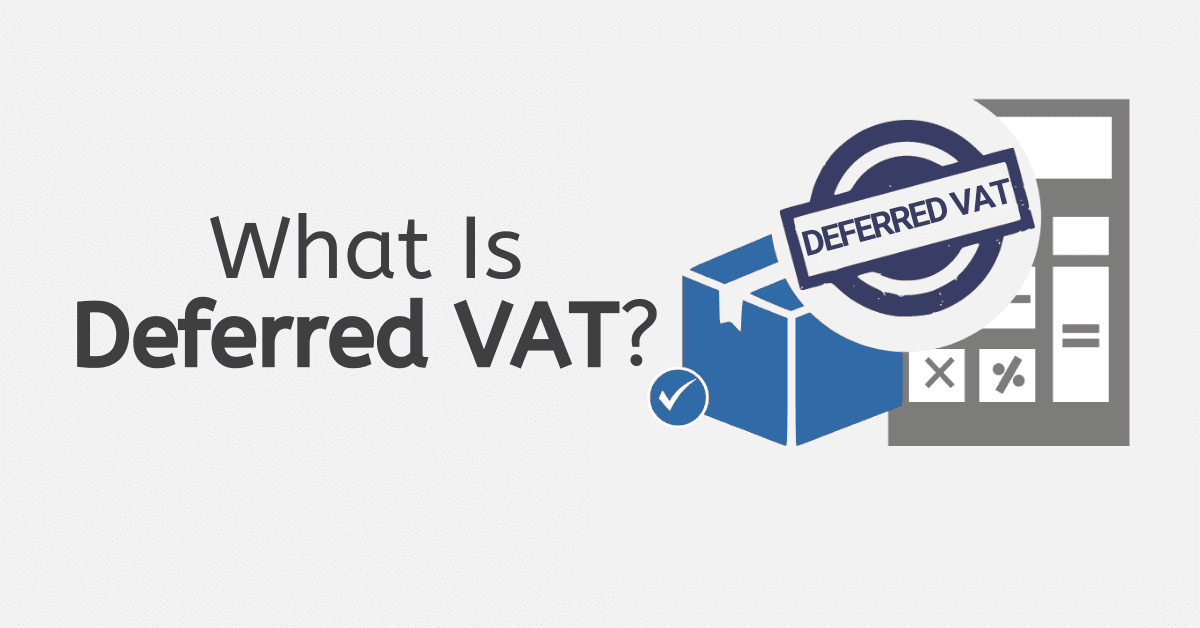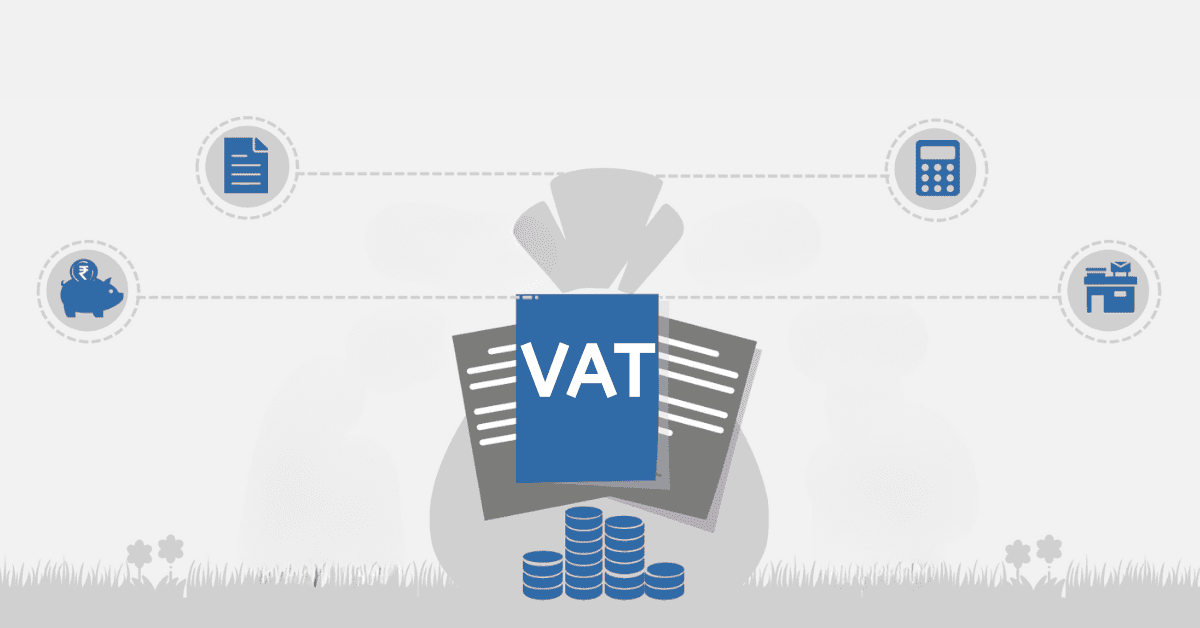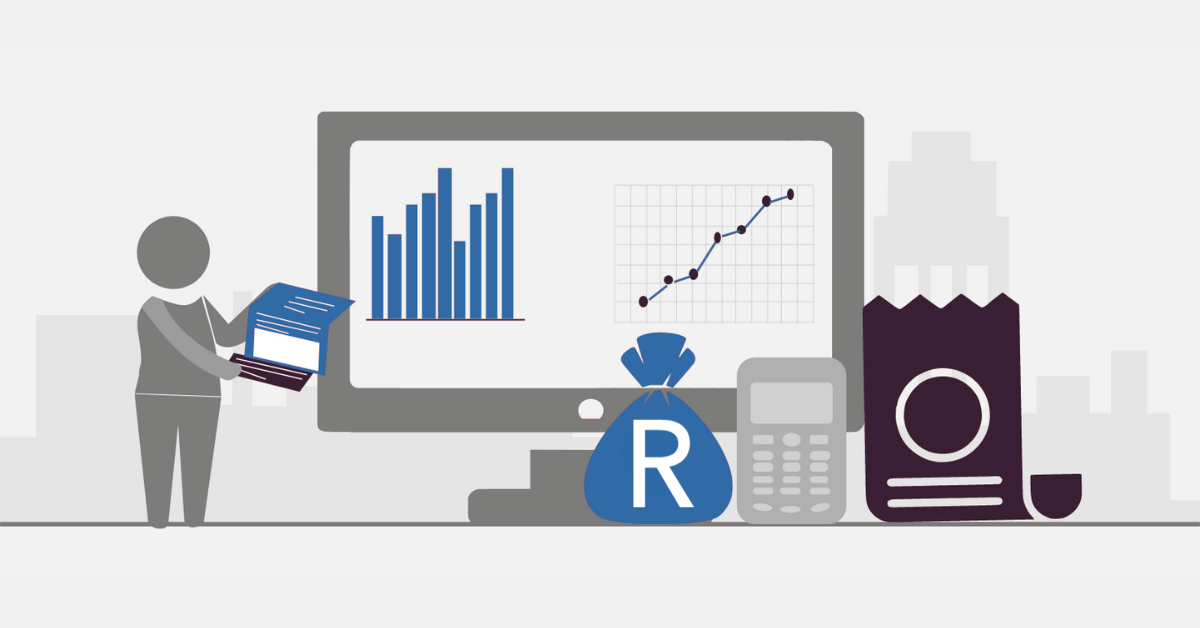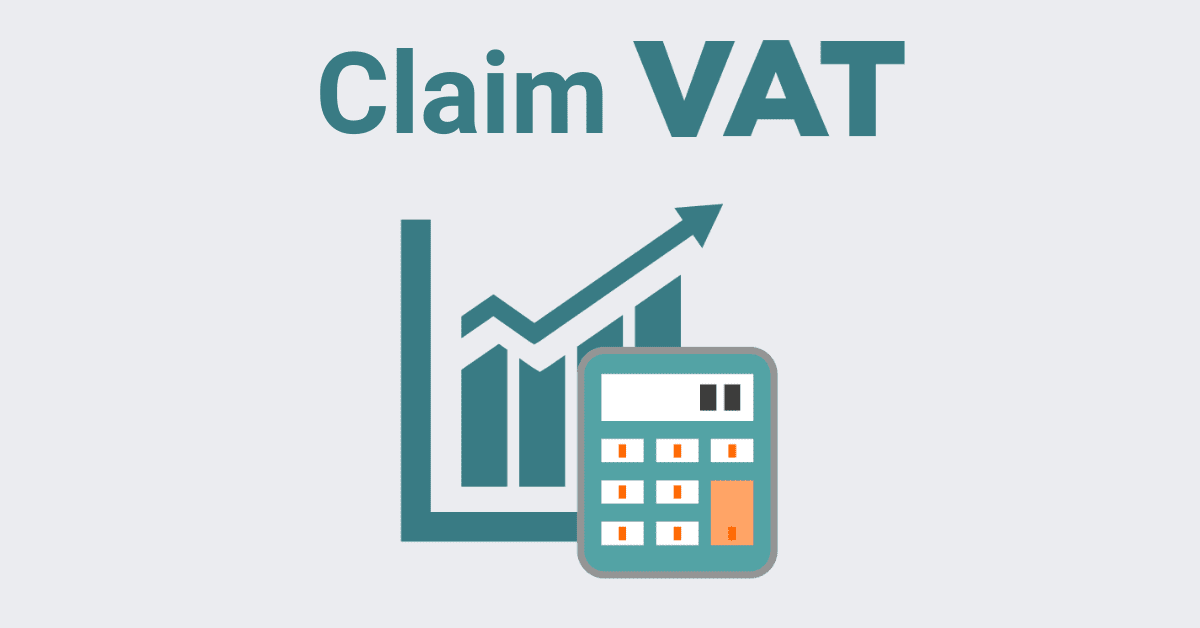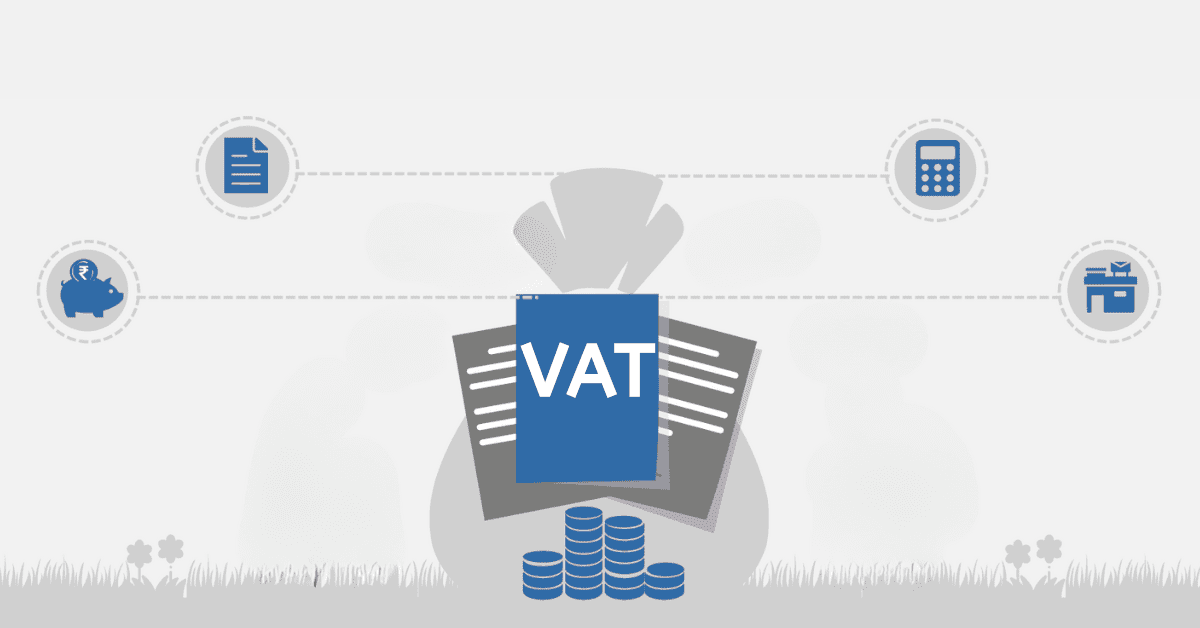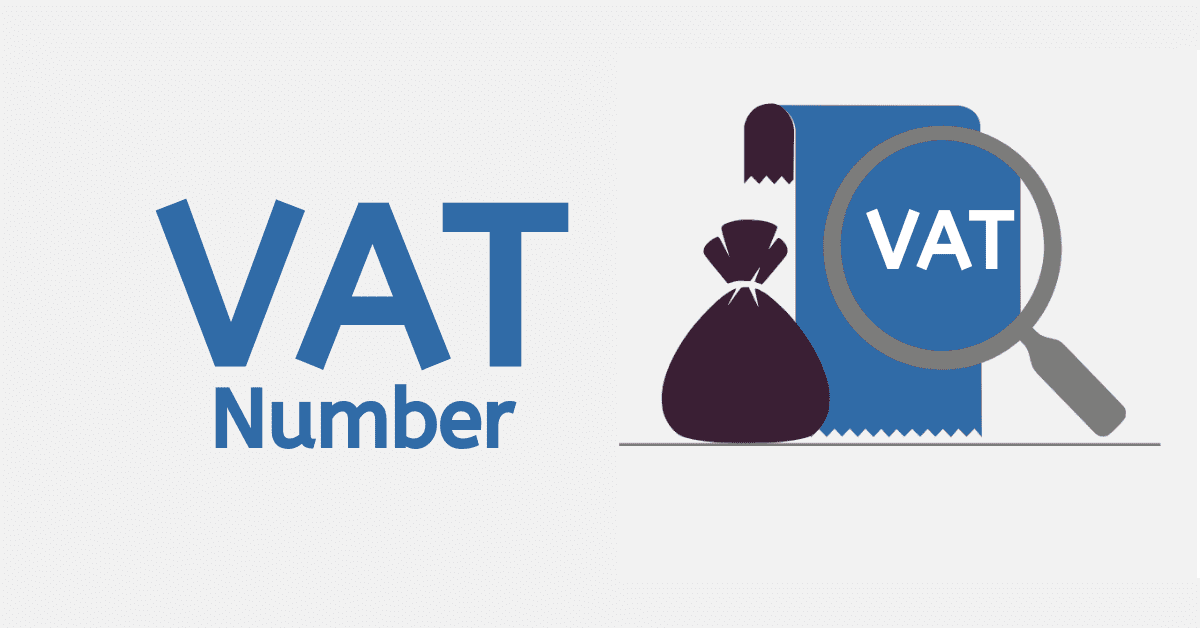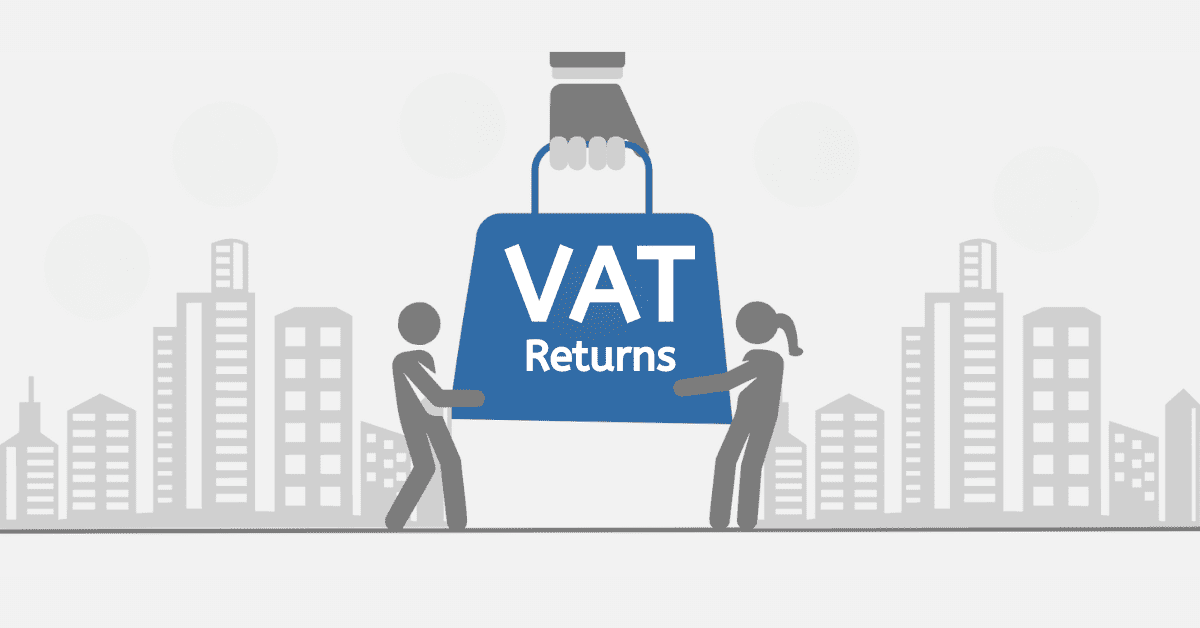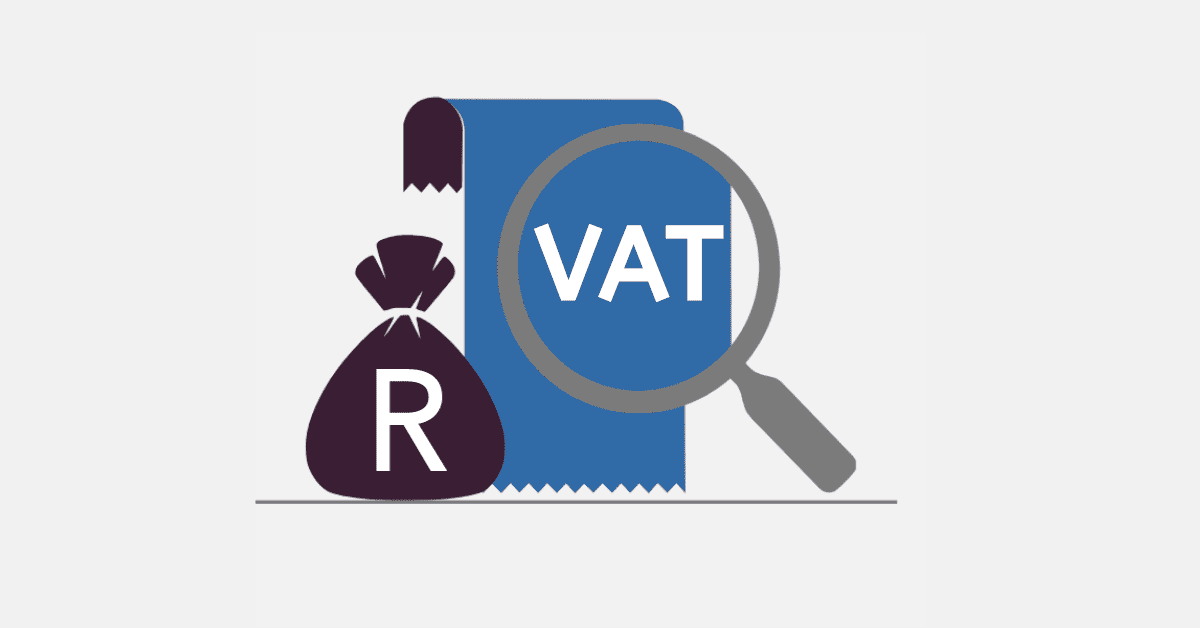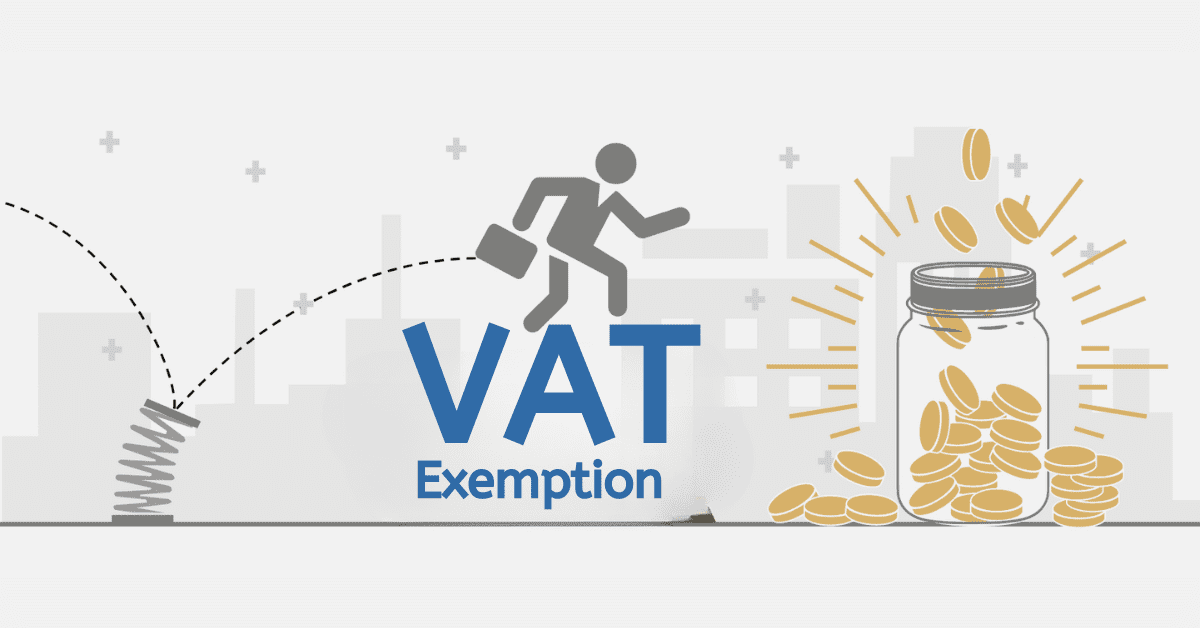In a perfect world, you should always settle any VAT payment due as you submit the return. However, things happen, and mistakes can be made. Today, we are looking at what to do in the event of a late VAT payment.
Is There A Penalty For Late Payment Of VAT?
Yes, there is a penalty for late VAT payments in South Africa. Timely VAT payment is a legal obligation for businesses registered for VAT, and failure to meet the payment deadline can result in financial consequences. The South African Revenue Service, or SARS, imposes penalties and interest to encourage compliance and discourage late payments.
What Is The Penalty For Late Payment Of VAT in 2025?
In 2025, SARS will automatically charge you 10% of the balance due once the payment date has passed. From there, you will attract additional interest on the full overdue amount (not including the penalty) according to the current Tax Administration Act (TAA) rates. It is calculated daily and compounded monthly. They will typically levy the full interest for the month, even when a payment is made mid-month, so you should account for this in your calculations.
How Much Is A VAT Penalty?
How much you pay in Rands for a VAT penalty will depend on the amount of VAT outstanding. Remember that a 10% penalty is applied to any outstanding VAT amount. Additionally, if you have more than one VAT payment outstanding, the overdue amounts will also accrue interest until the month in which they are paid. If you have two separate late payments, the amounts will accrue interest until they are paid. Typically, any payment SARS receives on VAT accounts will be applied to the oldest amount first, even if that is non-sequential to the amount paid.
If you have an overdue VAT account to bring up to date, running a VAT statement from your SARS eFiling is a good idea to see exactly what penalties and fees have been applied. This ensures that you do not make the mistake of only paying the core amount due and not settling penalties or interest that have also accrued to your account. This will ensure you can once again become tax compliant without missing smaller penalties and fees on the account that were not present on the original VAT returns.
How Do I Pay My SARS VAT Penalty?
Once you have determined how much you owe SARS in VAT penalties and interest (in addition to the original amounts), you can simply account for them in the payment made on that Payment Reference Number (PRN) to SARS. So you can settle your SARS VAT penalty through the same payment medium you pay your VAT every month. Most businesses use Electronic Funds Transfers (EFTs) to pay what they owe to SARS.
For the cleanest and most seamless payment process, it pays to pull a VAT statement on the day (or very close to the day) you intend to make payment. This ensures you pay all outstanding amounts, including penalties and fees, rather than just the initial amount due. Additionally, you will see each outstanding month and its penalty fees and interest clearly shown with the original PRN on the statement.
If possible, try to pay by PRN to settle that entire amount rather than make a batch payment. While SARS will record all payments to your account, they do not always correctly assign amounts unless the transaction-specific PRN is used. This can lead to situations where you have a nil balance in your account, but the money is not assigned to the correct return that generated it, and interest/penalties continue to accrue.
Alternatively, if SARS cannot match the payment to the return it relates to, they will simply backdate the payment to the oldest overdue amount on the account. While both of these situations are easily remediable by contacting SARS, they do make for an overall messy statement of account and may leave you showing as non-tax-compliant on the system when you have settled all overdue amounts.
What Interest Is Charged On Late VAT Payments?
As of March 2025, SARS now levy a 10.5% per annum interest rate on all outstanding VAT payments. This is typically calculated daily and compounded monthly. SARS does tend to charge the entire month’s interest for late payments, even if the balance is settled in the middle of the month.
What Is The VAT Payment Deadline?
If you have a VAT payment due, it should be paid immediately after the PRN is issued when you submit the relevant return. VAT returns must be submitted by the last business day in the month after the period for which they are relevant. In other words, if your SARS VAT 201 return covers that year’s January/February period, it must be submitted by the last business day in March. The payment is expected by this date as well. If you file manually instead of through eFiling, you only have until the 25th of the month or the business day before it if it falls on a weekend or public holiday.
Ideally, you should pay your VAT when submitting the relevant return. If your account has become backdated, settling the amounts due (including interest and penalties) will bring you back to tax compliance.
